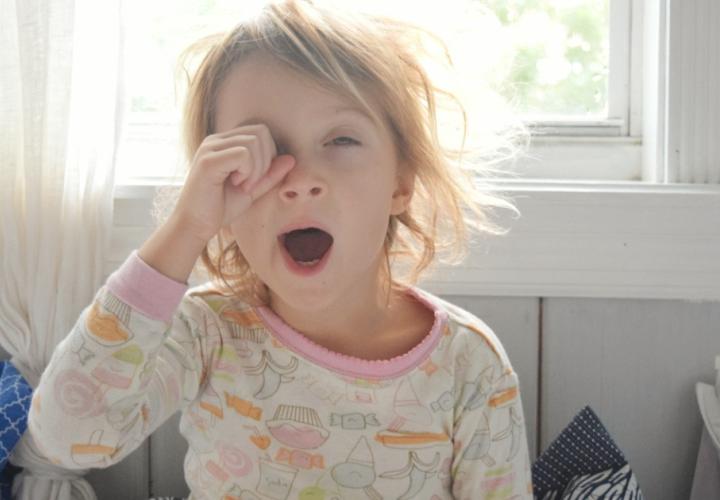All parents can agree—a good night’s sleep is one of the most amazing feelings—and even more so when our children sleep well. It’s not always easy, though, and sometimes kids need a little help getting into a healthy sleeping routine. Melatonin has become a popular, over-the-counter supplement to help kids sleep, but some of the news coverage about melatonin poisoning, guidelines in the works to make melatonin safer for kids, and a report from the CDC concerning melatonin-related emergency room visits for children 5 and younger, have raised questions:
- What is melatonin? How does it work?
- Is melatonin safe?
- What are the signs of melatonin overdose or poisoning?
- How else can I get my child to sleep!?
Dr. John Brancato, Division Head of Emergency Medicine at Connecticut Children’s, addresses concerns about melatonin poisoning from parents.
